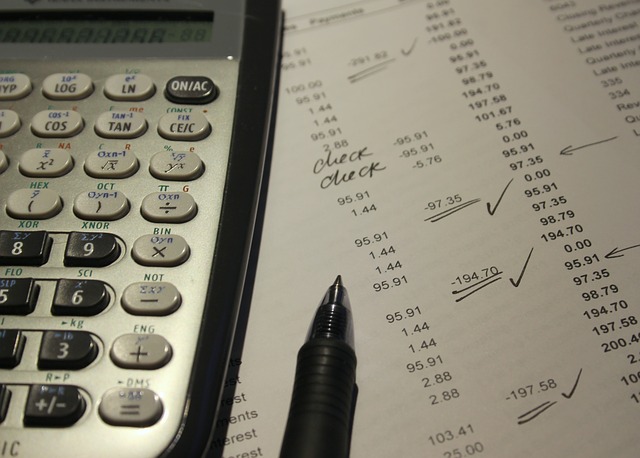Remember report cards?
I sure do.
At times I could hardly wait to show my parents just how well I did.
At others, I was sweating bullets all the way home. How would I be able to explain this or that grade to my parents? Stress? Friends? Aliens?
Report cards let us, and more importantly our parents, know just where we stand and how far (or little) we have progressed.
Why do they bother sending them home? Is it some sort of sick joke?
No.
Report cards are meant to alert people to problems before they get too serious.
Here’s a typical report card:
- Math A-
- History B
- Physics B-
- English A
- Spanish C
- Psychology B+
What can we tell from looking that at this report card? We can see the student has done quite well overall, but Spanish stands out as a trouble area. Maybe a meeting with the teacher might shed some light on the issue. Maybe some extra homework is in order. Or perhaps a tutor?
With any luck, the student can take action to remedy the situation.
That’s what report cards are meant to do.
But that’s school.
Once we finish school, we no longer get report cards.
We don’t get reviews every 3 months to let us know how we’re doing.
Sometimes we find out that we’re failing at work when we show up to our company only to learn that we’re been fired and we can clear out our desk.
We don’t get a report card from our spouses, but we sure would benefit from one.
I’ve heard of people coming home to an empty house because their spouses “just couldn’t take it anymore.”
Assuming you get a check-up every year, then you are getting a report card on your health, but the fact is, in the real world, most of the time we aren’t given a report card but we can make one up ourselves.
Why should we even bother? To correct the error of our ways.
Here’s the report card I use these days to make sure I’m on track.
- How many books to improve yourself have you read in the last 90 days?
- How many classes have you taken in the last 6 months?
- How many hours do you spend each week to develop yourself?
- How many hours do you spend watching TV a week?
- How many hours do you spend working on your dreams each week?
- How many new marketing techniques have you learned this year?
- How much money did you save last year?
- How much money have you invested in the last year?
- How much money have you spent on your own education in the past year?
- How much time do you spend exercising a week?
- How much time do you spend with your family a week?
- How much time do you sleep a week?
Now if you’ve never done this before, you might not like what you see when you write up the answers. But not to worry. The key is to be honest with your answers.
We all know the saying, “The truth shall set you free.” Well, this is one of those times.
It doesn’t matter if you didn’t save any money last year. I’ve been there.
Who cares if you haven’t read a book to improve yourself in the last 90 days.
What is, is. That’s the starting point.
The question becomes…now that you know what your report card looks like, what are you going to do about it?
Happy with the numbers? Great…show off a little, just like in school. Put it on your fridge to remind and yourself how well you’re doing.
Me, when I first did this, I felt like I was back in high school and found myself trying to justify why I had such low scores.
But then it hit me, this isn’t high school, the only person who saw those numbers was me. My parents wouldn’t push me to fix them. My teachers won’t be offering any advice.
It was all on me.
And I knew something needed to be done.
So I did the only thing I could, I changed them.
It didn’t happen overnight, but after a year had passed, I graded myself and was no longer ashamed, but proud.
Stupidity is usually not people’s problem.
Most of us know what we should do. The problem is we don’t do what we know we should.
So if you’re feeling brave, grade yourself, then decide what you’re going to do about it.
Adrian Shepherd
